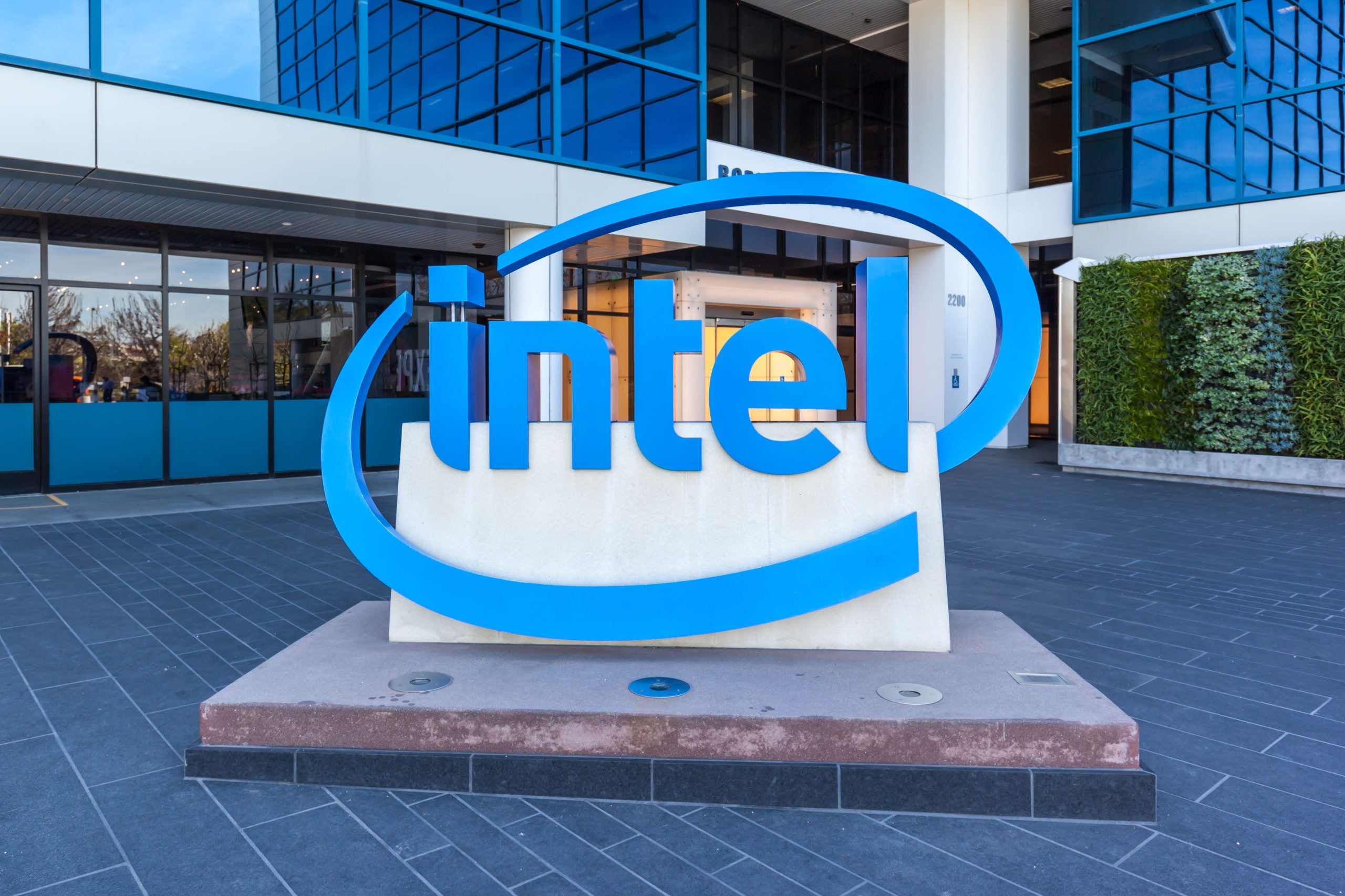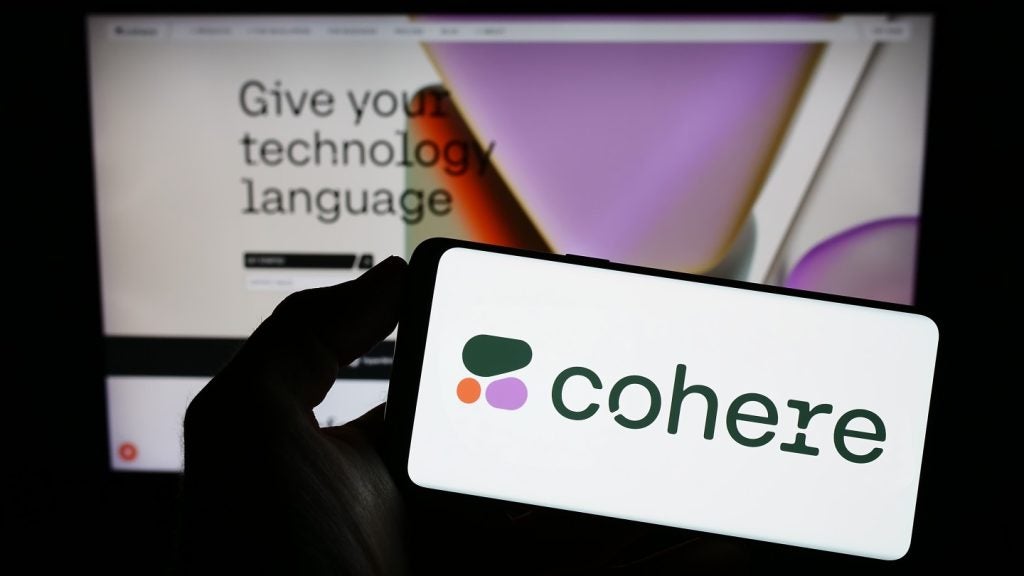
Intel announced, on Wednesday (22 Feb), a milestone in its bid to reclaim the top spot in advanced chip manufacturing, revealing that Microsoft has chosen its services for chip manufacturing.
The US chipmaker is optimistic about surpassing its main rival, TSMC, by 2025.
The revelations came during an event in San Jose, California, at the inaugural technology conference for Intel Foundry, the company’s contract manufacturing operation established to compete directly with TSMC. Intel outlined its strategy to maintain leadership over TSMC through 2026 and beyond.
Intel plans to regain the title of producing the world’s fastest chips from TSMC later this year, leveraging its Intel 18A manufacturing technology. The company aims to extend this lead into 2026 with the introduction of its new technology, Intel 14A.
Microsoft is set to use Intel’s 18A technology for the manufacturing of a new undisclosed chip. Intel now anticipates $15bn in foundry orders, surpassing earlier projections of $10bn previously shared with investors.
Intel previously maintained a dominant position by manufacturing chips exclusively for itself, leveraging its lead in manufacturing to produce high-performance chips.
However, Intel lost its manufacturing edge, chip competitiveness and margins declined, hindering funding for manufacturing advancements.
To rebound, Intel is banking on substantial US government subsidies and attracting external customers. The company hopes to entice customers with its extensive history of operating state-of-the-art factories globally, particularly appealing to those concerned about TSMC’s concentration of advanced factories in Taiwan.
Intel has signed up four large customers for its 18A manufacturing technology, although their identities remain undisclosed. It is unclear whether Microsoft is among these financially significant customers.
In addition to the Microsoft partnership, Intel announced collaborations with Arm Holdings and universities including the University of California, Berkeley, and the University of Michigan.
These partnerships aim to facilitate the integration of ARM technologies and provide students access to Intel’s 18A manufacturing technology.
Intel’s effort to attract external customers is seen as crucial for its turnaround, with analysts highlighting the significance of this strategy.
GlobalData predicts that the AI arms race in 2023, which saw companies rush to create their own large language models, will transition to the ‘AI chip race’ in 2024.
How well do you really know your competitors?
Access the most comprehensive Company Profiles on the market, powered by GlobalData. Save hours of research. Gain competitive edge.

Thank you!
Your download email will arrive shortly
Not ready to buy yet? Download a free sample
We are confident about the unique quality of our Company Profiles. However, we want you to make the most beneficial decision for your business, so we offer a free sample that you can download by submitting the below form
By GlobalDataThis will be seen in not only Big Tech companies but also among startups, which will look to create their own proprietary chips, according to the report.
GlobalData forecasts that the overall AI market will be worth $909bn by 2030, registering a compound annual growth rate (GAGR) of 35% between 2022 and 2030.
In the GenAI space, revenues are expected to grow from $1.8bn in 2022 to $33bn in 2027 at a CAGR of 80%.







